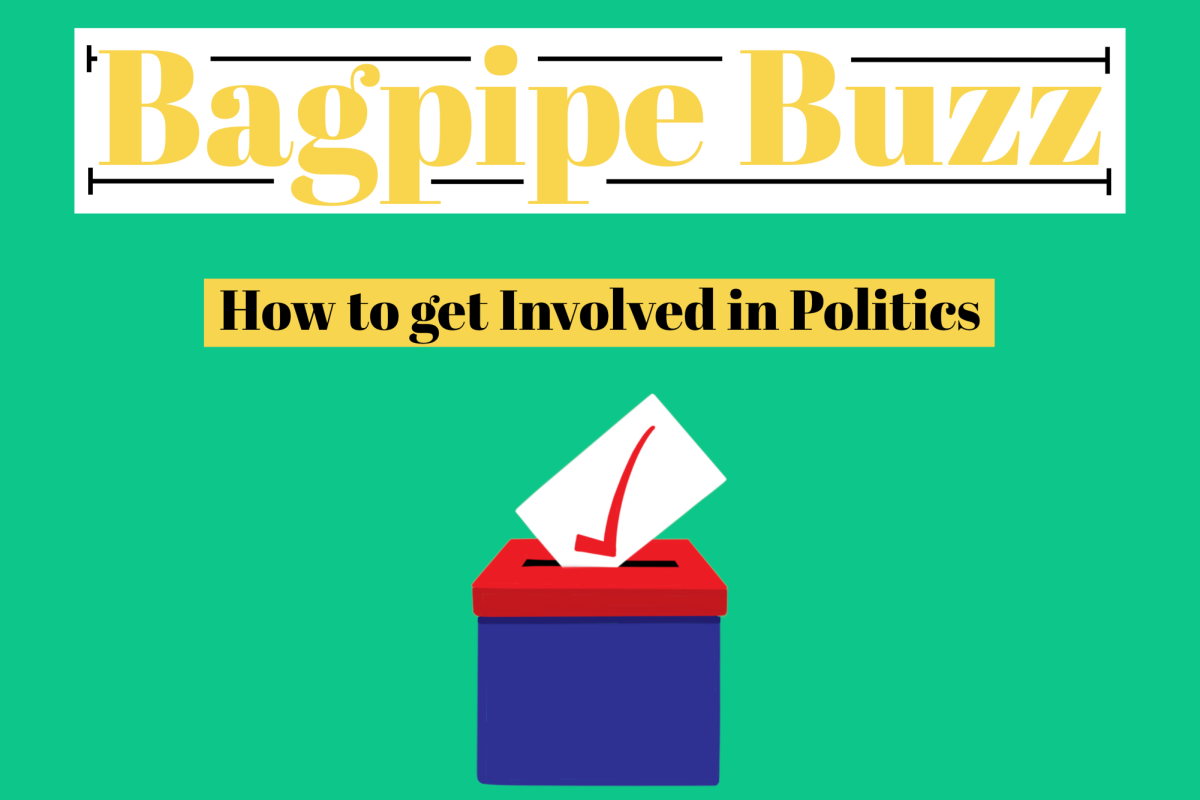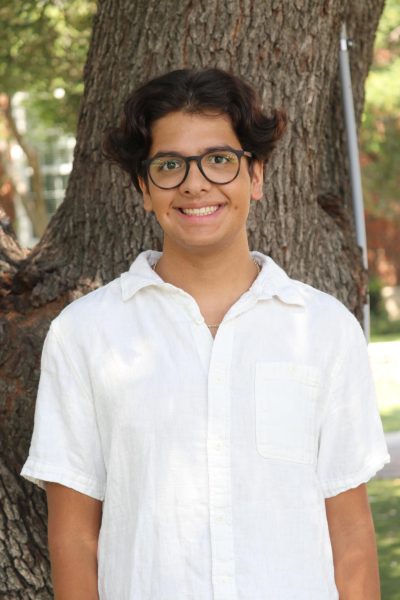Many of today’s teenagers are left confined by the political opinions held by their parents, and have a hard time engaging in politics. I have been lucky enough to grow up in a household where political conversations flourish and outreach is encouraged. Despite being too young to vote, there are still ways that youth can express their civic duty and get involved in the election process. Here’s just a few!
Post on social media platforms
While social media can be seen as one our generation’s greatest pitfalls, it can also serve as our greatest strength. Instead of just using social media platforms to post cute pics with friends, teens can use their platforms to get active in political conversations while still being safe and protected. Almost all modern news sites and political candidates have some form of social media whether it be Instagram, TikTok, Facebook or X. Promoting political content on your page, along with liking and sharing it, will help push the content out to a larger audience.
Young Americans often check social media more than they would a traditional news app, making social media a more effective approach to spreading news. Being well-informed is crucial because without knowing who you are voting for, or what they stand for, there is no way to know if they are the candidate that truly represents your values.
Volunteer for local campaigns
Most political campaigns run solely off volunteer efforts for outreach and fundraising efforts. Overworked political candidates will rarely refuse free help, and those volunteer hours could also count towards the community service hours required to graduate high school. Students can kickstart this process by emailing local campaigns or joining one of the school’s many political clubs. Many campaigns need help with calling or texting potential voters in an attempt to sway their vote and encourage them to get out to the polls before it is too late.
Work as an election clerk
Being an election clerk is another way to truly get immersed in the election process. Texas now allows students sixteen and older to serve as election clerks at polling locations during early voting or on Election Day. Students must have written permission from a parent or guardian along with authorization from their school’s principal. Election clerks are responsible for numerous things such as checking in voters, distributing ballots, providing instructions to voters and answering any questions about the process.
Educate those around you
For those reluctant to share their opinions online or volunteer, just starting a political conversation with those around you is a great way to dive into politics. While you may not be able to vote personally, parents, friends and relatives over eighteen years can. Although adults may initially overlook your input, if you are deliberate and persistent, you may eventually introduce them to new political perspectives. Other adults may just feel like their vote doesn’t mean anything, but if you stress the importance of civic duty, it may encourage them to participate in the political process.
Regardless of age, every American’s voice deserves to be heard. Until we are old enough to vote, these are the ways that youth can get involved in politics and make a positive difference.




